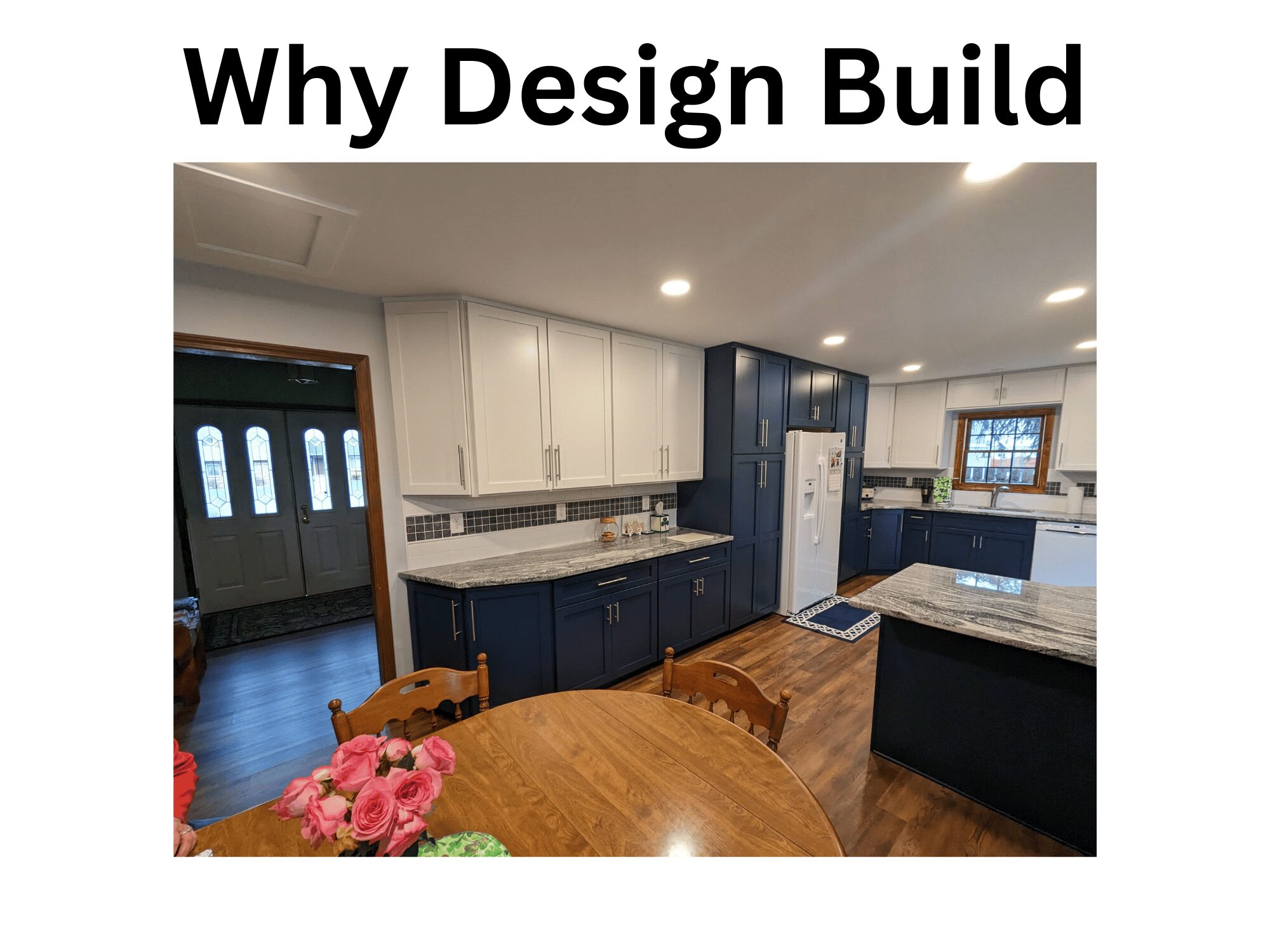Smart Strategies to Avoid Lowball Prices from Contractors
Hiring a contractor for your home improvement project is an important decision that can significantly impact the outcome of your renovation or construction endeavor. While it might be tempting to jump at the opportunity of a lowball price, it’s crucial to remember the old adage: “You get what you pay for.” Lowball offers from contractors often come with hidden risks and potential pitfalls that could end up costing you more in the long run. In this article, we will explore the reasons behind lowball pricing, the risks involved, and offer practical strategies to avoid falling victim to such offers.
The Dangers of Lowball Prices
1. Quality Compromise: Contractors offering unusually low prices may be cutting corners to save costs. This can result in subpar materials, shoddy workmanship, and overall poor quality, leading to costly repairs or renovations down the line.
2. Inadequate Planning: Lowball pricing can indicate a lack of proper project planning. Contractors might rush through the process, leading to mismanagement of resources, delays, and potential errors that could impact the final result.
3. Hidden Costs: A low initial price might seem attractive, but unscrupulous contractors could tack on hidden costs later in the project, leaving you with a much higher bill than anticipated.
4. Unlicensed and Uninsured Contractors: Extremely low prices might be a red flag that the contractor is not licensed or insured, putting you at risk of legal and financial liabilities if accidents or mistakes occur on the job.
5. Abandoned Projects: Contractors who underbid projects could face financial difficulties mid-project, leading to delays, abandoned work, and a headache for you as the homeowner.
Strategies to Avoid Lowball Prices
1. Multiple Proposals: Obtain bids from three reputable contractors with a proven track record in your area. This will give you a clearer understanding of the market rate for the project and help you identify any unusually low offers.
2. Check References and Portfolios: Research each contractor’s past projects and ask for references from previous clients. This will provide insights into the quality of their work and their ability to meet deadlines and budgets.
3. Detailed Written Contracts: Insist on a detailed written contract that outlines all aspects of the project, including materials, labor, timelines, payment schedule, and any potential additional costs. This document will protect both parties and reduce the chances of unexpected expenses.
4. Verify Licensing and Insurance: Ensure that the contractor is properly licensed, bonded, and insured. Request documentation as proof and verify its authenticity through relevant authorities.
5. Question Significant Deviations: If one bid is significantly lower than the others, ask the contractor to explain the reasoning behind their pricing. Beware of vague or evasive responses.
6. Avoid Cash-Only Transactions: Be cautious if a contractor insists on cash-only payments or asks for a large upfront deposit. Reputable contractors typically accept various payment methods and follow industry-standard practices.
7. Trust Your Instincts: If an offer seems too good to be true, it probably is. Trust your instincts and prioritize contractors who offer reasonable pricing based on market rates and your project’s specific requirements.
While it’s natural to seek cost-effective solutions for your home improvement projects, blindly accepting lowball prices from contractors can lead to a host of issues. These risks range from compromised quality to financial liabilities, and they can turn what should be an exciting endeavor into a nightmare. By following the strategies outlined in this article—such as obtaining multiple bids, verifying credentials, and insisting on detailed contracts—you can safeguard your investment, ensure a smooth project execution, and achieve the high-quality results you deserve. Remember, the goal is not just to save money upfront, but to make a wise and informed decision that delivers value and satisfaction in the long run. You should love your remodel 100%!



